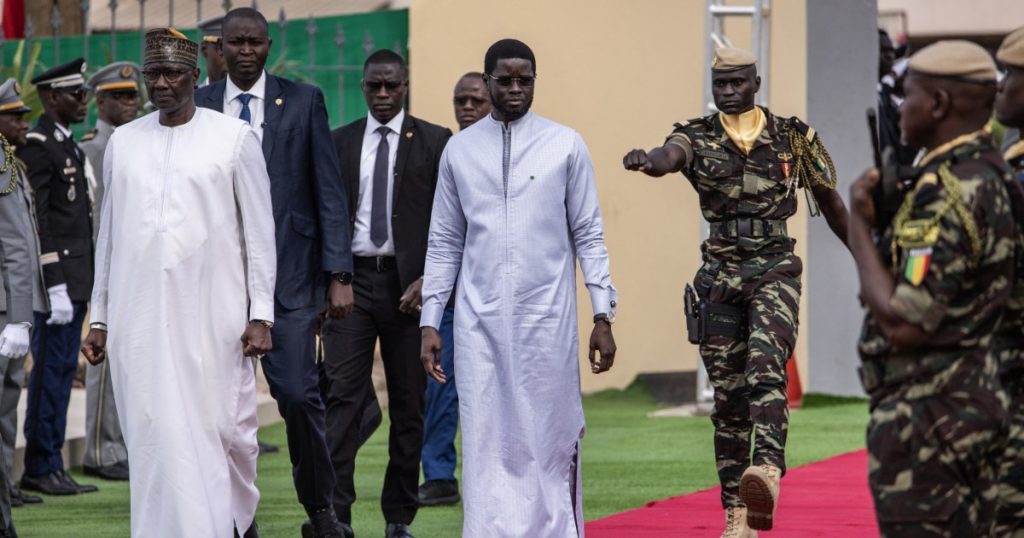Commemoration prompts renewed calls for an investigation into the killing of African soldiers by the French army in 1944.
Senegal has commemorated the 80th anniversary of a colonial-era massacre of African soldiers who fought for France during World War II and were shot by French soldiers in 1944 for demanding fair treatment and payment on their return.
France’s foreign affairs minister was in attendance at the ceremony in Thiaroye on Sunday as were other African heads of state as Senegal continues to demand answers about the massacre.
The West African country has long demanded its former coloniser take responsibility, officially apologise and properly investigate the massacre that took place in Thiaroye, a fishing village on the outskirts of Senegal’s capital, Dakar.
The French military has said 35 to 75 soldiers were killed, but historians dispute this claim, asserting that nearly 400 people died.
There has been international pressure to exhume the mass graves to verify the official death toll. France has long been accused of falsifying or hiding records, and accounts of the number of casualties have remained unclear.
Senegalese President Bassirou Diomaye Faye stated that France has at least acknowledged its soldiers carried out the massacre in Thiaroye for the first time.
This acknowledgment came in a letter written by French President Emmanuel Macron, which was obtained by The Associated Press news agency.
“France must recognise that on that day, the confrontation between soldiers and riflemen who demanded their full, legitimate wages triggered a chain of events that resulted in a massacre,” Macron wrote.
Macron also added in his letter that he is working with Senegalese officials to uncover the truth behind the killings.
In response, Faye said: “We believe that this time, France’s engagement will be complete, frank and collaborative.”
Former Senegalese Prime Minister Aminata Toure told Al Jazeera after the ceremony that “this is a moment of justice” and young people, in a country where 70 percent of the population is under the age of 30, need to know the truth about what happened.
“It’s a reconciliation with their history,” she said. “This massacre has been hidden, and now we are unfolding the truth.”
The commemoration comes as France, faced with growing opposition to its military presence in several African countries, has said it will cut the number of its soldiers as part of a review.
Many West African countries have recently turned to Russia for security assistance instead.
Read the full article here

